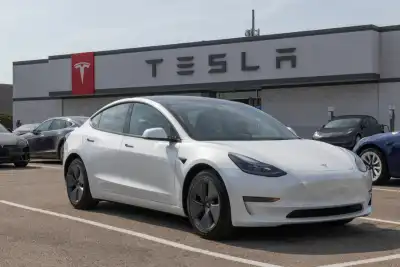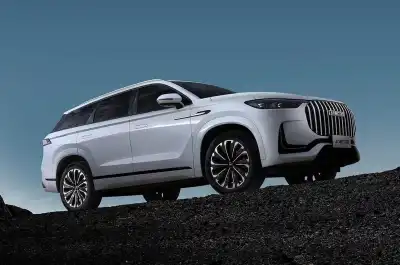
The adoption of electric vehicles (EVs) is experiencing a significant upswing as this surge prompts a critical question: Is now the optimal time to transition from conventional petrol or diesel vehicles to battery electric cars?
Market Insights
The UK's used car market experienced a growth of 4.1% in the initial quarter of 2023, following three consecutive quarters of decline, as reported by the Society of Motor Manufacturers and Traders (SMMT). Nearly 1.8 million used car transactions transpired, representing a surge of almost 73,000 vehicles bought and sold compared to Q1 2022.
Supply-Demand Balance
Despite the heightened trade activity, the number of transactions remains 8.6% lower compared to pre-pandemic levels. While there is strong demand for vehicles, the overall supply falls short, limiting sales. The global shortage of new cars since 2020 has resulted in fewer vehicles entering the used car market, which has maintained higher used vehicle values. This environment establishes a 'sellers market,' with many vehicles preserving their value.
Premium Pricing for Petrol and Diesel
Certain used petrol and diesel models maintain their value or even increase in price. Auto Trader's recent data revealed an 8% increase in searches for petrol vehicles and a 16% supply decrease compared to April 2022. Diesel exhibited similar trends, with an 8% demand increase and a 19% supply decline. This increased demand and reduced supply contribute to higher prices.
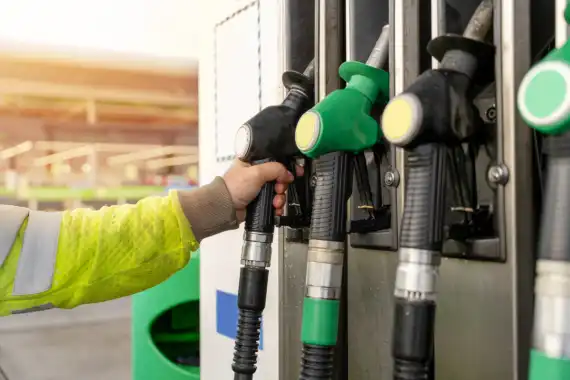
Electric Vehicle (EV) Price Trends
With the UK Government and industry embracing electric vehicles, the EV market share is expected to expand. In 2022, battery electric cars accounted for only 1% of the UK car market, but this percentage is rapidly growing.
Earlier this year, Tesla notably reduced the list price of several models, responding to concerns about waning interest in EVs. While similar adjustments haven't been observed with other manufacturers, this action underscores the pressure to lower EV prices. Additionally, a consistent influx of supply has already led to substantial decreases in used EV prices. Auto Trader reported an over threefold increase in used EV advertisements on its platform compared to April 2022.
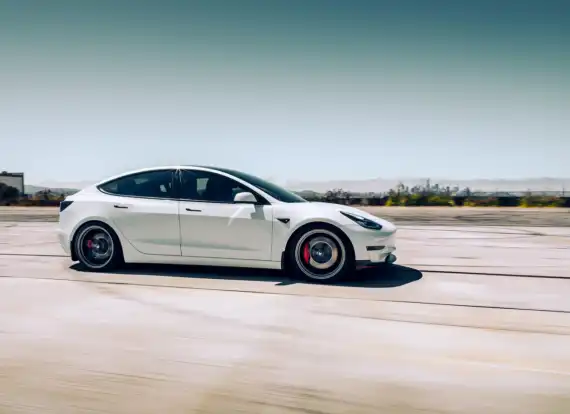
Q1 2023 witnessed a 56.5% rise in Battery Electric Vehicle (BEV) transactions, totalling 26,257 units. This uptick elevates BEVs to a 1.4% market share, up from 0.9% the previous year. Plug-in hybrids (PHEVs) also experienced a 13.9% increase in transactions, totalling 16,006 units. This pushes plug-ins to 2.3% of sales, up from 1.7% the prior year, reflecting the increasing presence of zero-emission vehicles in the second-hand market (source: SMMT).
Financial Viability of Owning an Electric Car
Considering these trends, it may be a propitious time to explore the possibility of electric vehicle ownership. Should one maintain their current petrol, diesel, or hybrid vehicle in good condition, its retained value could serve as a meaningful contribution toward the purchase of a new electric car. The increasing availability of used EVs at reduced prices further enhances this prospect.
However, potential buyers should contemplate the vehicle's future depreciation. If its value continues to decrease, reselling it might yield a substantially lower return. This consideration is particularly important when financing the vehicle through a Personal Contract Purchase (PCP) arrangement, where negative equity could arise.
Fuel and Charging Costs
Charging an EV at home is approximately half the cost of refuelling a traditional petrol or diesel vehicle. However, reliance on public charging stations may negate these savings due to higher charging costs. The government's energy price guarantee stipulates around 33p per kWh of home electricity, while public charge points can range from 60-80p per kWh.
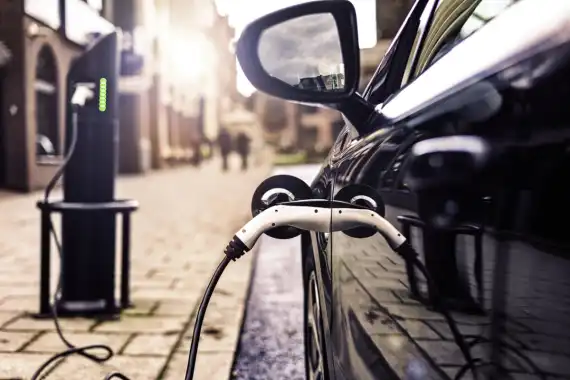
Vehicle Excise Duty (VED)
While owners of zero-emission BEVs are currently exempt from VED, this exemption will cease from April 1, 2025. A 'standard annual rate' of at least £165 will apply to these vehicles. In contrast, petrol and diesel vehicle owners pay between £30 and £2,605 in the first year, with subsequent charges between £170 and £190.
Vehicles priced at £40,000 or more upon purchase are currently subject to an additional £390 annual fee. This supplement currently doesn't apply to EVs but will take effect in 2025.
Practical Considerations of Owning an Electric Car
For those with home charging facilities, EV ownership makes practical sense, especially considering the increasing range of most new EVs. Public charge point availability and cost are crucial considerations. Over 42,000 public charge points are scattered across the UK, but more are needed for broader accessibility. While local councils receive funding to expand public charging, these stations often have higher costs compared to home charging.
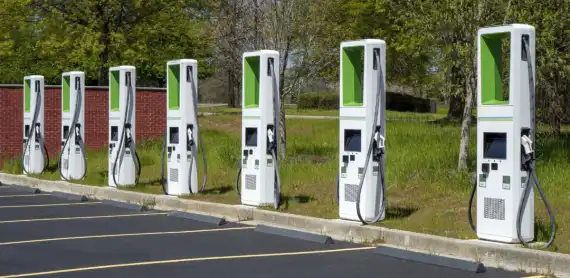
Charging times are another practicality concern. A full charge for most EVs takes around 30-40 minutes, making longer charging times at public points a drawback.
Charge point distribution varies by region, with urban areas enjoying better access. Government initiatives aim to improve coverage, vital as zero-emission vehicle mandates expand.
Lower Maintenance Costs
EVs generally require less maintenance than internal combustion engine vehicles due to fewer mechanical parts. Reduced wear and tear extends the longevity of frequently used components. Manufacturer guarantees often cover EV batteries for at least five years, with tests showing minimal capacity loss even after extensive mileage.
Insurance Costs
Insurance for EVs is generally pricier due to their enhanced performance and value compared to traditional vehicles. As EVs become more common and insurance companies gather historical data, premiums are gradually reducing. Certain hatchback and mini hatchback EVs are among the most affordable to insure.

The decision to purchase an electric car hinges on multiple factors. While it's becoming financially more feasible due to falling prices, buyers should consider potential value depreciation over time. Running costs remain advantageous, although the disparity between refuelling and recharging costs has lessened. Changes in the VED system also impact EV incentives. Those with home charging capabilities can find EV ownership practical, while public charging infrastructure remains a challenge in some areas. Lower maintenance costs and evolving insurance premiums are additional considerations.
Overall, electric vehicle adoption is influenced by charging infrastructure availability. If home charging is viable, the current scenario offers a compelling case for EV ownership. However, thorough research is essential for those reliant on public charging options. As the EV landscape evolves, prospective buyers should assess their individual circumstances and future plans to make an informed decision aligned with their needs and priorities.



